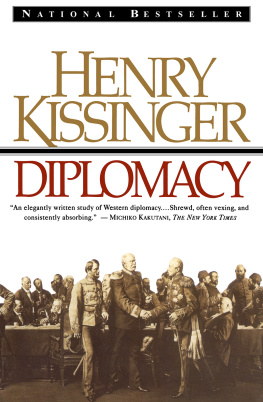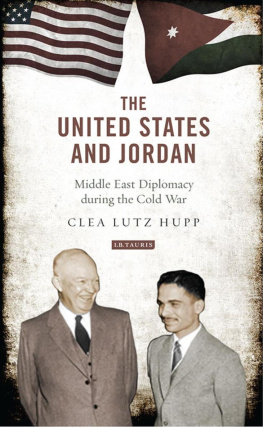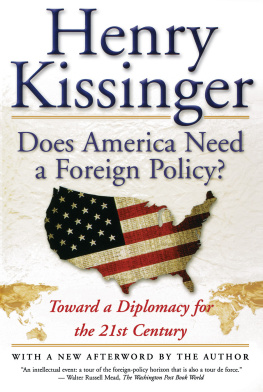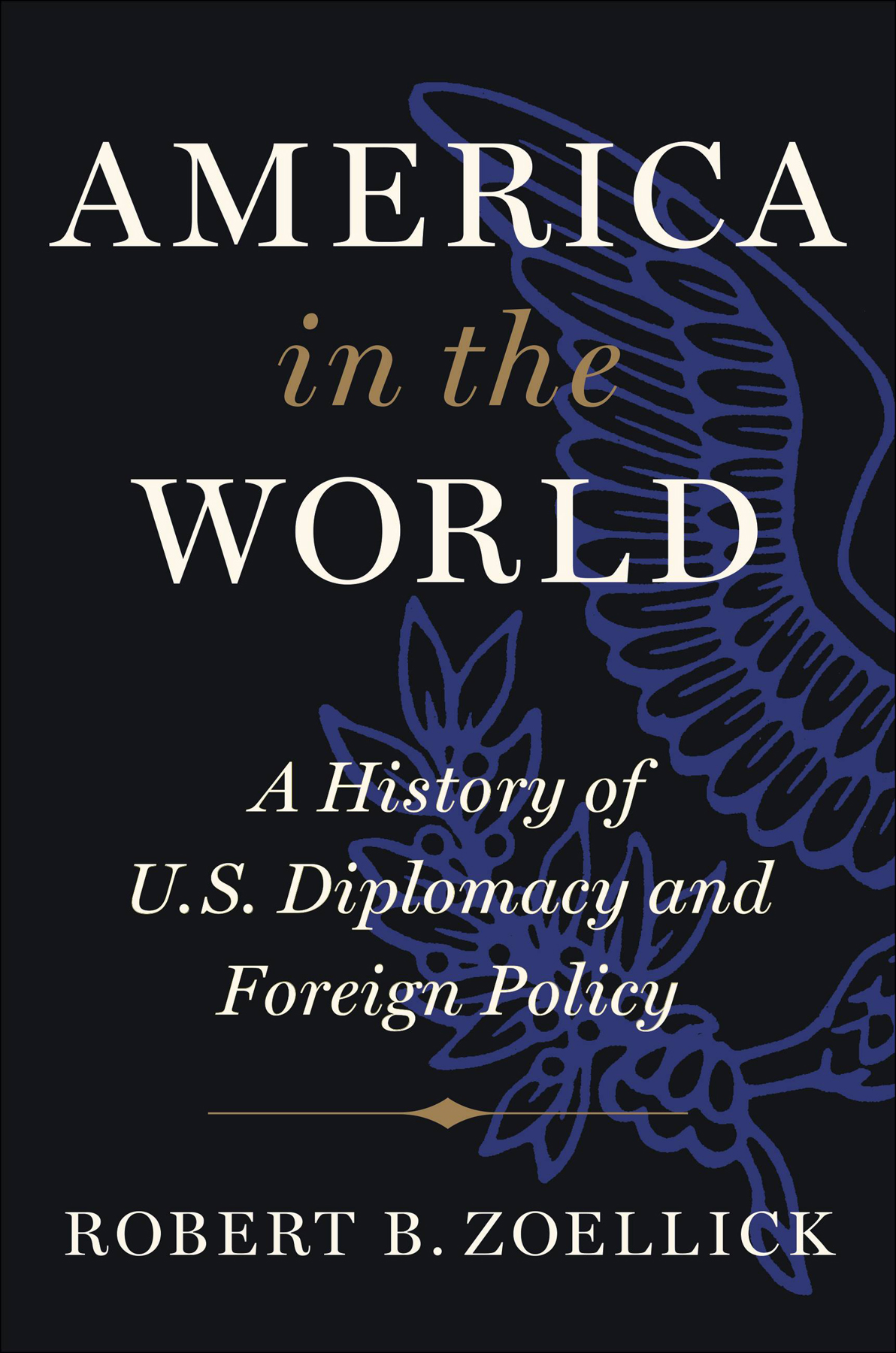Copyright 2020 by Robert B. Zoellick
Cover design by Jarrod Taylor.
Cover copyright 2020 by Hachette Book Group, Inc.
Hachette Book Group supports the right to free expression and the value of copyright. The purpose of copyright is to encourage writers and artists to produce the creative works that enrich our culture.
The scanning, uploading, and distribution of this book without permission is a theft of the authors intellectual property. If you would like permission to use material from the book (other than for review purposes), please contact permissions@hbgusa.com. Thank you for your support of the authors rights.
Twelve
Hachette Book Group
1290 Avenue of the Americas, New York, NY 10104
twelvebooks.com
twitter.com/twelvebooks
First Edition: August 2020
Twelve is an imprint of Grand Central Publishing. The Twelve name and logo are trademarks of Hachette Book Group, Inc.
The publisher is not responsible for websites (or their content) that are not owned by the publisher.
The Hachette Speakers Bureau provides a wide range of authors for speaking events. To find out more, go to www.hachettespeakersbureau.com or call (866) 376-6591.
Library of Congress Cataloging-in-Publication Data
Names: Zoellick, Robert B., author.
Title: America in the world : a history of U.S. diplomacy and foreign policy / Robert Zoellick. Description: New York : Twelve, 2020. | Includes bibliographical references and index. | Summary: Ranging from Benjamin Franklin, Alexander Hamilton, and Thomas Jefferson to Henry Kissinger, Ronald Reagan, and James Baker, America in the World tells the vibrant story of American diplomacy, identifying five traditions that have emerged from Americas encounters with the world: the importance of North America; the special roles played by trade, transnational, and technological relations in defining ties with others; changing attitudes toward alliances and ways of ordering connections among states; the need for public support, especially through Congress; and the belief that American policy should serve a larger purpose.Provided by publisher.
Identifiers: LCCN 2019049280 | ISBN 9781538761304 (hardcover) |ISBN 9781538712368 (ebook)
Subjects: LCSH: United StatesForeign relations.
Classification: LCC E183.7.Z64 2020 | DDC 327.73dc23
LC record available at https://lccn.loc.gov/2019049280
ISBNs: 9781538761304 (hardcover), 9781538712368 (ebook)
E3-20200616-JV-NF-ORI
Discover Your Next Great Read
Get sneak peeks, book recommendations, and news about your favorite authors.
Tap here to learn more.

Explore book giveaways, sneak peeks, deals, and more.
Tap here to learn more.

For Sherry
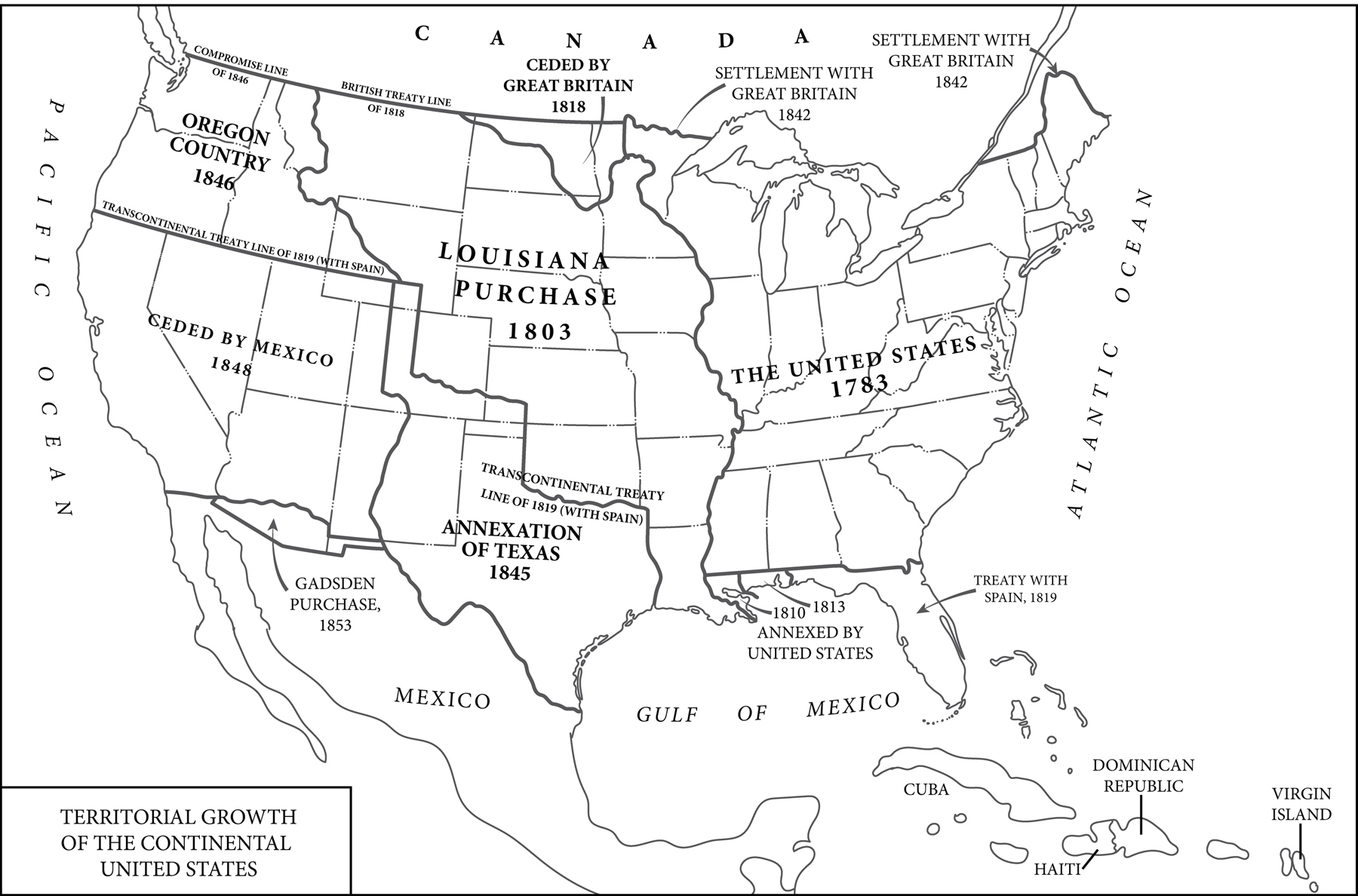
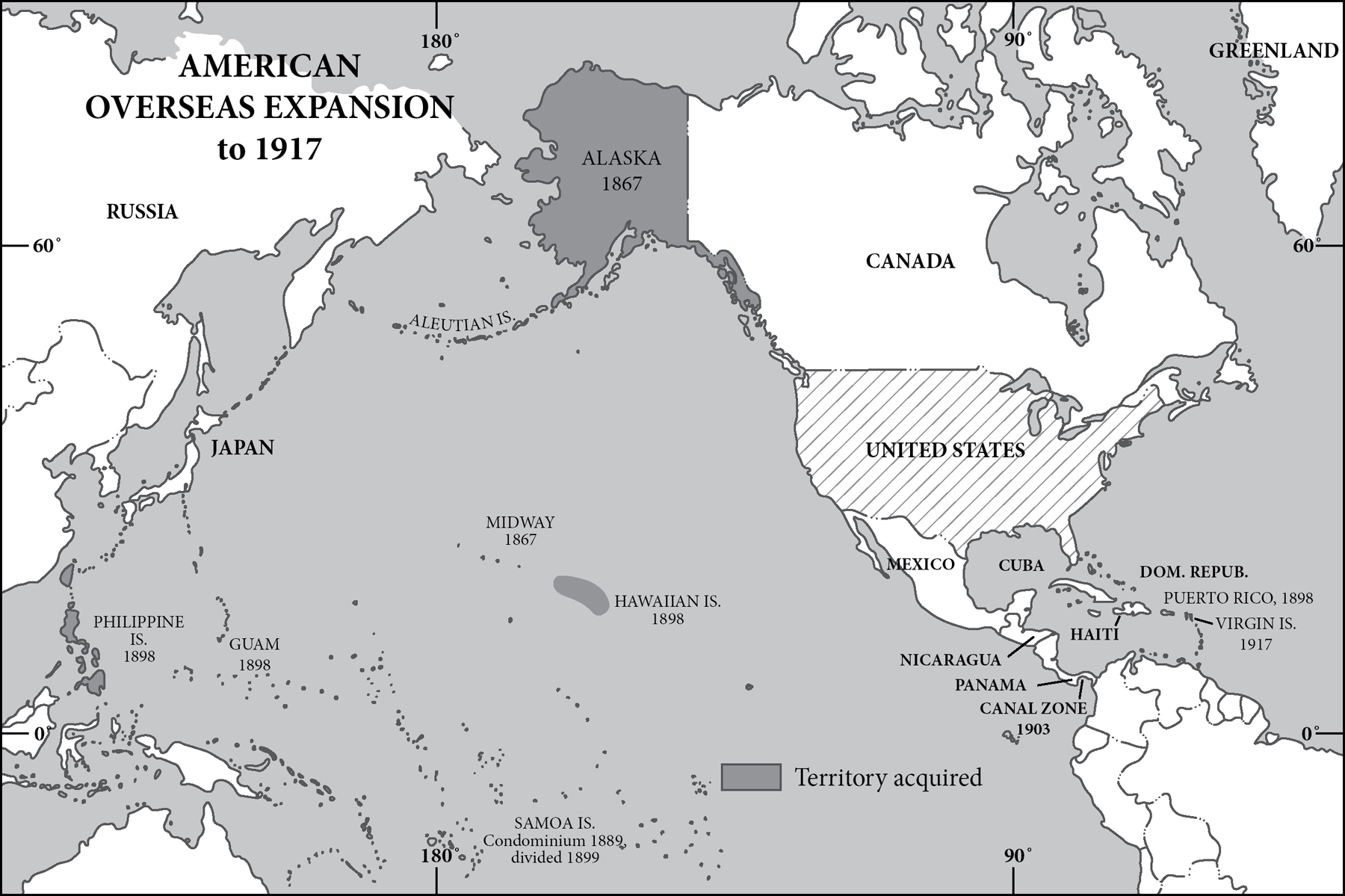
Inventing American Diplomacy
On the evening of February 6, 1778, Ben Franklin arrived at the Parisian offices of the French foreign minister, le Comte de Vergennes, to sign Americas first two treaties: a military alliance and a trade accord. Recognition of the new United States, a novel republic, by the venerable and powerful monarchy of France was as momentous as the promise of arms and commerce.
As the delegations gathered, Silas Deane, one of Franklins fellow commissioners, expressed curiosity about Franklins suit, a worn blue coat of Manchester velvet. When asked about his attire for this memorable occasion, Franklin replied that his selection was [to] give it a little revenge.
Four years before, in 1774, Franklin had been humiliated by the British Crowns solicitor general, Alexander Wedderburn, at a hearing of the Privy Council in Westminster. The censure had been in a room known as the Cockpit, describing its function as a place of entertainment during the reign of Henry VIII. For an hour, Franklin had stood motionless before the thirty-six sitting members of the Council while Wedderburn scornfully attacked the sixty-eight-year-old Philadelphian for his release of letters that had embarrassed the governor and lieutenant governor of Massachusetts. The ostensible reason for the assembly was to hear the petition of the Bay Colony to remove the Crowns executives, but Wedderburn instead chastised Franklin.
The Privy Council enjoyed the show. The kings advisers laughed, clapped, and jeered. Franklin remained silent and without expression. The British governing class of 1774 was a select club. The men present knew one another. To lose face was to be stripped of respect and power. The Whig political philosopher and Parliamentarian Edmund Burke, who witnessed Wedderburns diatribe, described the scolding as beyond all bounds and measure. Lord Shelburne, who in 1783 would be fated to discharge the unpleasant task of approving the treaty of American independence, wrote former prime minister William Pitt that the solicitor generals performance
Thus, four years after Wedderburns verbal execution, on that February night of 1778, Franklin acknowledged to Deane that the suit he had chosen for the treaty ceremony with France was the same one that he had worn in the Cockpit. Diplomacy includes settling scores.
Diplomacy involves deceit as well. Edward Bancroft, Franklins private secretary, was a British spy. Right after the signing of the treaties in 1778, Bancroft rushed to make copies and deliver them to London within forty-two hours. Bancroft even managed to get word to a London partner in advance of the signing so that they could short stocks and profit handsomely from the news of the French-American alliance. Diplomacy moves markets and attracts scoundrels.
Franklin is Americas First Diplomat. His representation actually began in 1757, when the Pennsylvania Assembly sent the famous printer, publicist, inventor, scientist, community organizer, and politician to represent its interests in London. Over the course of seventeen years, the colonies of Georgia, Massachusetts, and New Jersey also engaged Franklin as an envoy.
Franklin loved England. As tensions increased between the colonists and London, the Philadelphian offered both visionary plans and practical suggestions to preserve and extend the empire of loyal Englishmen. Franklin had urged Britain to retain control of Canada at the end of the Seven Years War in 1763, one of many Franklin efforts to think of America in continental terms. Later he proposed that the American colonies receive representation in Parliament. Abandoning the idea of Parliamentary supremacy over the colonies, Franklin then proposed a union of separate states, subject to the sovereignty of the Crown, much like the later British Dominions.
Franklins diplomacy also extended to specific solutions. As late as December 1774, even after Franklins battering in the Cockpit, he replied to informal emissaries from the kings ministers with seventeen points of hints to resolve the crisis between London and the first American Continental Congress. But the two sides turned instead to a contest of arms, will, and international diplomacy.


